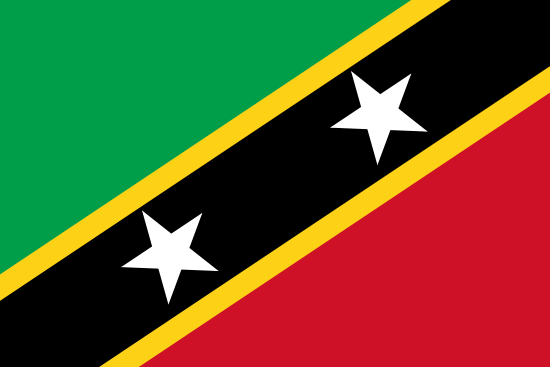
Health Insurance in Saint Kitts and Nevis
Information expatriation
Capital City: Basseterre
Total area: 261 km2
Population: 50,000
Money: Currency Converter
Time Zone: List of time zones by country
Calling Code: +1 869 XXX
Practical Information:
Wikipedia Saint Kitts and Nevis
Health Product: Travel Insurance and Health insurance
Health Insurance information and Sanitary Risk: World Health Map
BLOG: Expat Health insurance Information
Here is a brief description of the healthcare system in the country:
· Saint Kitts and Nevis has a public healthcare system that provides universal coverage to citizens and residents. It is funded through taxes and government spending.
· Public primary care is available free of charge at hospitals and health centers on both main islands. This includes services like wellness checks, immunizations, maternity care, and treatment of minor illnesses and injuries.
· For more specialized services or complex procedures, patients may be referred overseas to facilities in other Caribbean nations, the United States, or the United Kingdom through public funding agreements.
· There are also some private health practitioners and medical facilities that offer additional services for a fee as an alternative to public care.
· Key health issues include non-communicable diseases like diabetes, hypertension, and cancers. Obesity is a growing public health challenge.
· Basic sanitation and access to clean water mean infectious diseases are less common than in other Caribbean island nations.
· Medical staffing and resources are generally adequate due to the small population size, though specialists may be in short supply.
· So in summary, Saint Kitts and Nevis provides universal primary healthcare through public funding and facilities, with optional private supplemental services also available.
Here are some key health considerations for expatriates living in the country:
· As a resident, access public primary care through hospitals and clinics. No fees for citizens/residents.
· Private health insurance is advisable to cover costs of specialist referrals overseas or private care choices.
· Maintain insurance from your home country if intending a short stay. Premium local private plans exist too.
· Practice good hygiene and precautions against insects as mountainous terrain harbors mosquitoes. Consider preventative anti-malarials.
· Water quality meets international standards, but boiled or filtered water reduces any residual risk.
· Heat/humidity levels differ from temperate regions. Monitor exertion and stay hydrated.
· Import any long-term medications rather than relying on local availability.
· Mental health support may be limited, so maintain your usual outlets or seek telehealth options.
· Flying off-island for medical emergencies takes coordination. Ensure thorough medical evacuation coverage.
· Prepare for potential cultural barriers in communication with local practitioners.
· Overall, quality care is available but confirming insurance, preventative healthcare practices and mental self-care supports a healthy expat experience in this tropical island nation.
